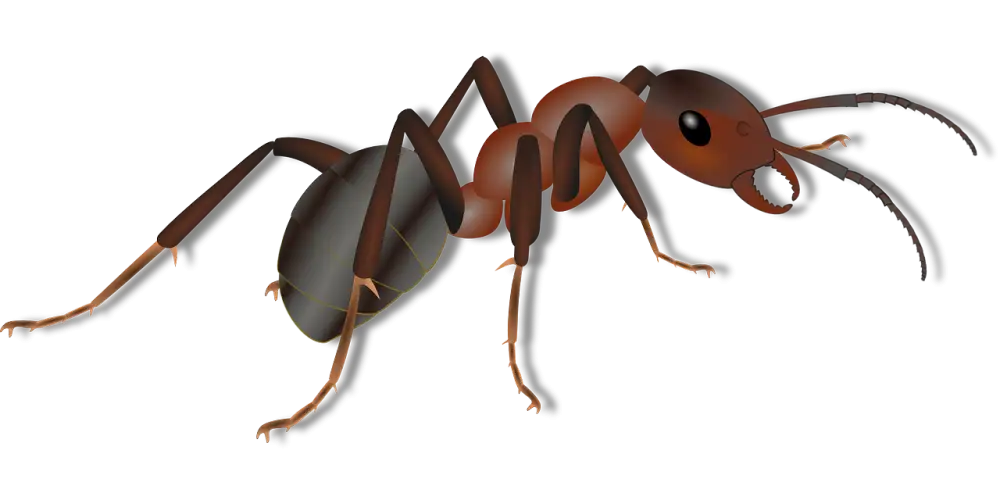Kitchen Ant Infestation: Top Tips to Get Rid of Ants in Your Home

- Identify the source of the ant infestation in your kitchen.
- Clean up food spills and crumbs promptly to remove ant attractants.
- Seal off entry points such as cracks and gaps where ants may be entering.
- Use natural ant repellents like vinegar, lemon juice, or essential oils.
- Set out ant baits or traps to eliminate the ant colony at its source.
- Consult with a professional pest control service if the infestation persists.
Identify the source of the ant infestation in your kitchen.
Identifying the source of an ant infestation in your kitchen is crucial to effectively eliminate the problem. Ants are attracted to food sources, so start by inspecting areas where food is stored or prepared. Look for spills, crumbs, or open containers that may be attracting ants. Check for any cracks or gaps in walls, floors, or windows where ants could be entering. By identifying and addressing the source of the infestation, you can better prevent future ant invasions in your kitchen.
Clean up food spills and crumbs promptly to remove ant attractants.
One of the most effective ways to combat an ant infestation in your kitchen is to clean up food spills and crumbs promptly. Ants are attracted to sources of food, so by removing these attractants, you can help deter them from entering your home. Make sure to wipe down countertops, sweep floors, and properly store food in airtight containers. By maintaining a clean and tidy kitchen, you can significantly reduce the chances of attracting ants into your living space.
Seal off entry points such as cracks and gaps where ants may be entering.
To prevent ants from entering your kitchen, it is crucial to seal off any potential entry points such as cracks and gaps in walls, windows, and doors. Ants are tiny creatures that can squeeze through even the smallest openings, so it's important to inspect your kitchen thoroughly for any possible entryways. Use caulk or weather stripping to seal off these gaps and cracks effectively. By blocking their access points, you can significantly reduce the chances of ants invading your kitchen space.
Use natural ant repellents like vinegar, lemon juice, or essential oils.
To naturally repel ants from your kitchen, you can use common household items such as vinegar, lemon juice, or essential oils. Ants are repelled by the strong scent of these substances, making them effective deterrents. Simply mix equal parts of water and vinegar in a spray bottle and apply it along ant trails and entry points. Alternatively, you can squeeze fresh lemon juice or place cotton balls soaked in essential oils like peppermint or tea tree oil near areas where ants are present. These natural repellents are safe for use around food preparation areas and pets, making them a popular choice for eco-friendly pest control.
Set out ant baits or traps to eliminate the ant colony at its source.
To eliminate the ant colony at its source, setting out ant baits or traps can be highly effective. Ant baits work by attracting ants with a sweet or protein-based substance that they carry back to their colony, ultimately killing the entire colony. Place the bait stations near where you have seen ant activity, but away from food prep areas. Traps can also be used to capture ants in a non-toxic way. Check and replace baits or traps regularly until the infestation is under control.
Consult with a professional pest control service if the infestation persists.
If despite your best efforts, the ant infestation in your kitchen persists, it may be time to consult with a professional pest control service. Pest control experts have the knowledge and tools to effectively eliminate ants from your home. They can identify the root cause of the infestation and provide targeted solutions to eradicate the problem. Additionally, they can offer advice on how to prevent future infestations, ensuring a pest-free kitchen for you and your family. Don't hesitate to seek help from professionals if needed to maintain a clean and hygienic cooking environment.
Published: 08. 04. 2024
Category: Home



